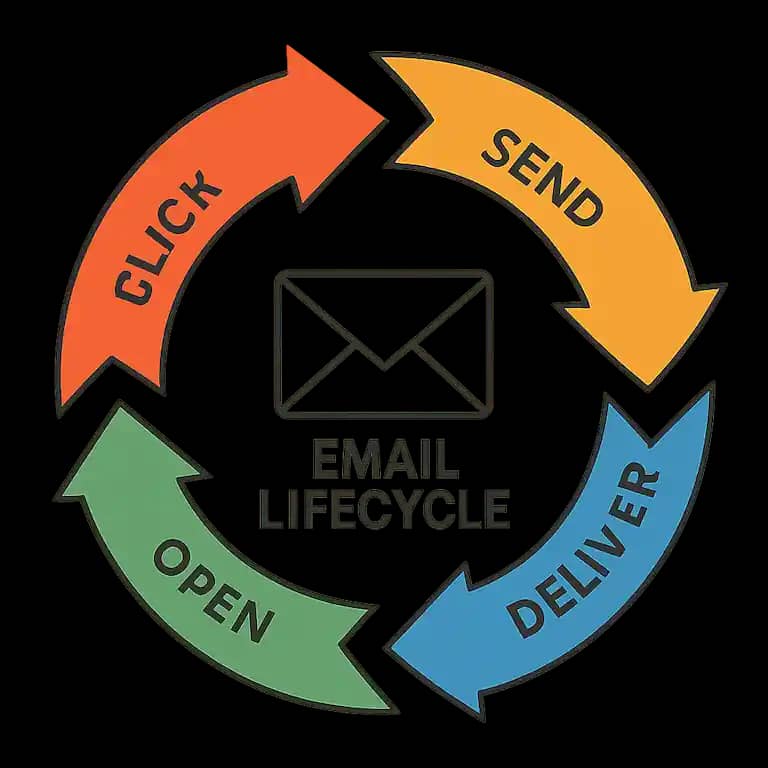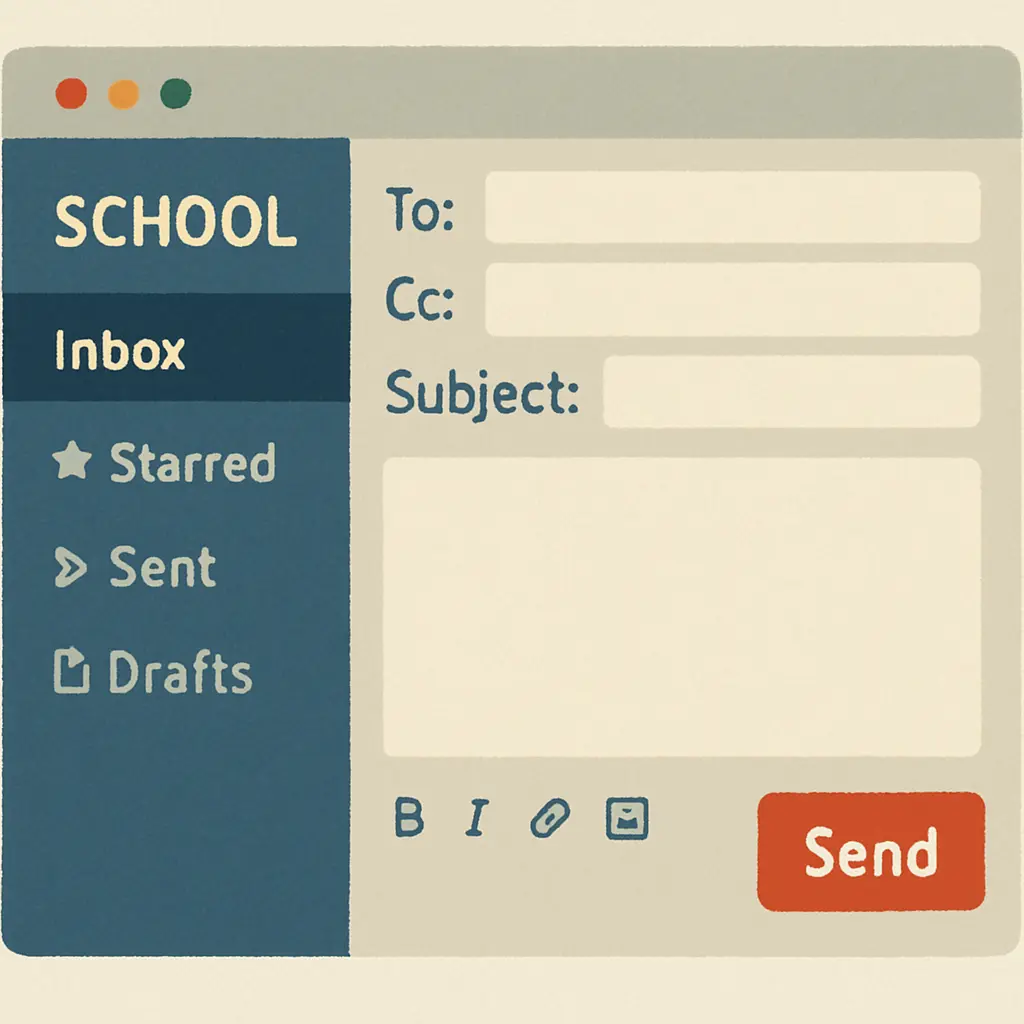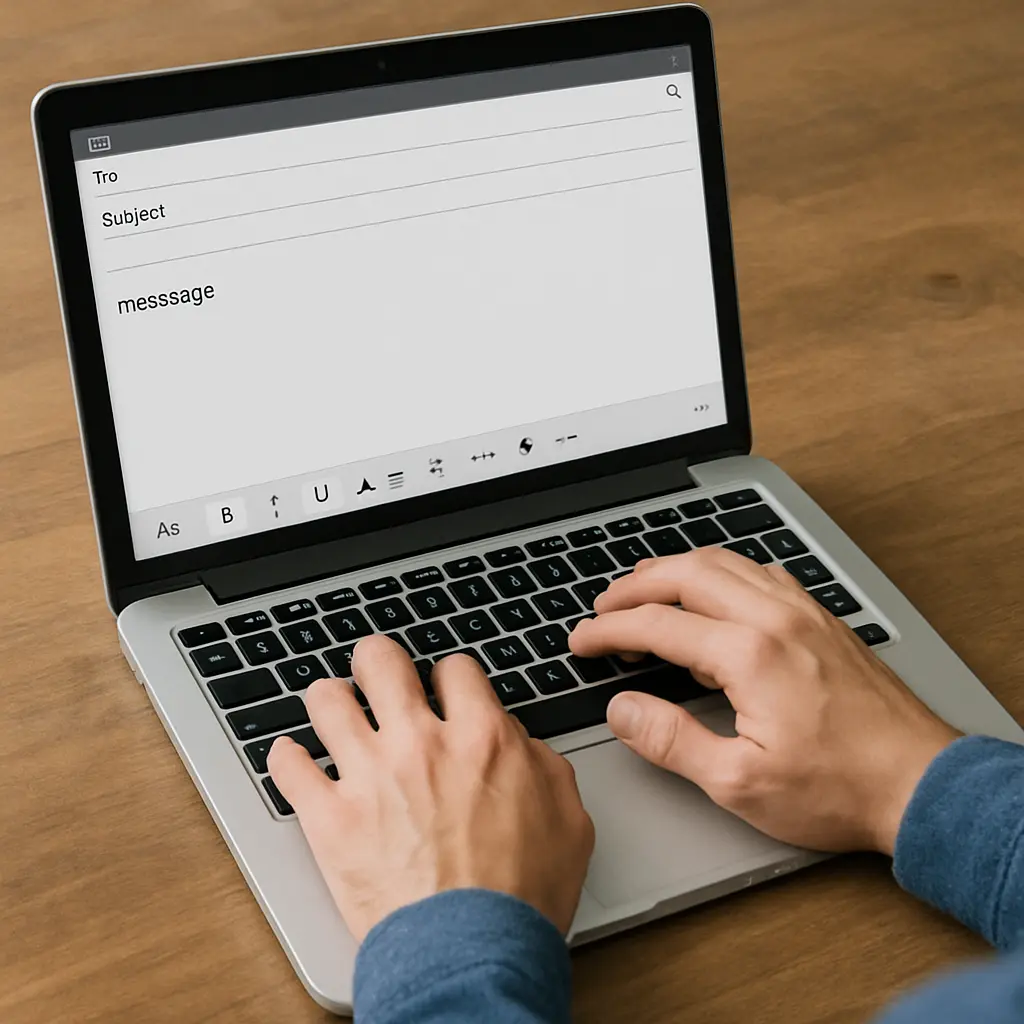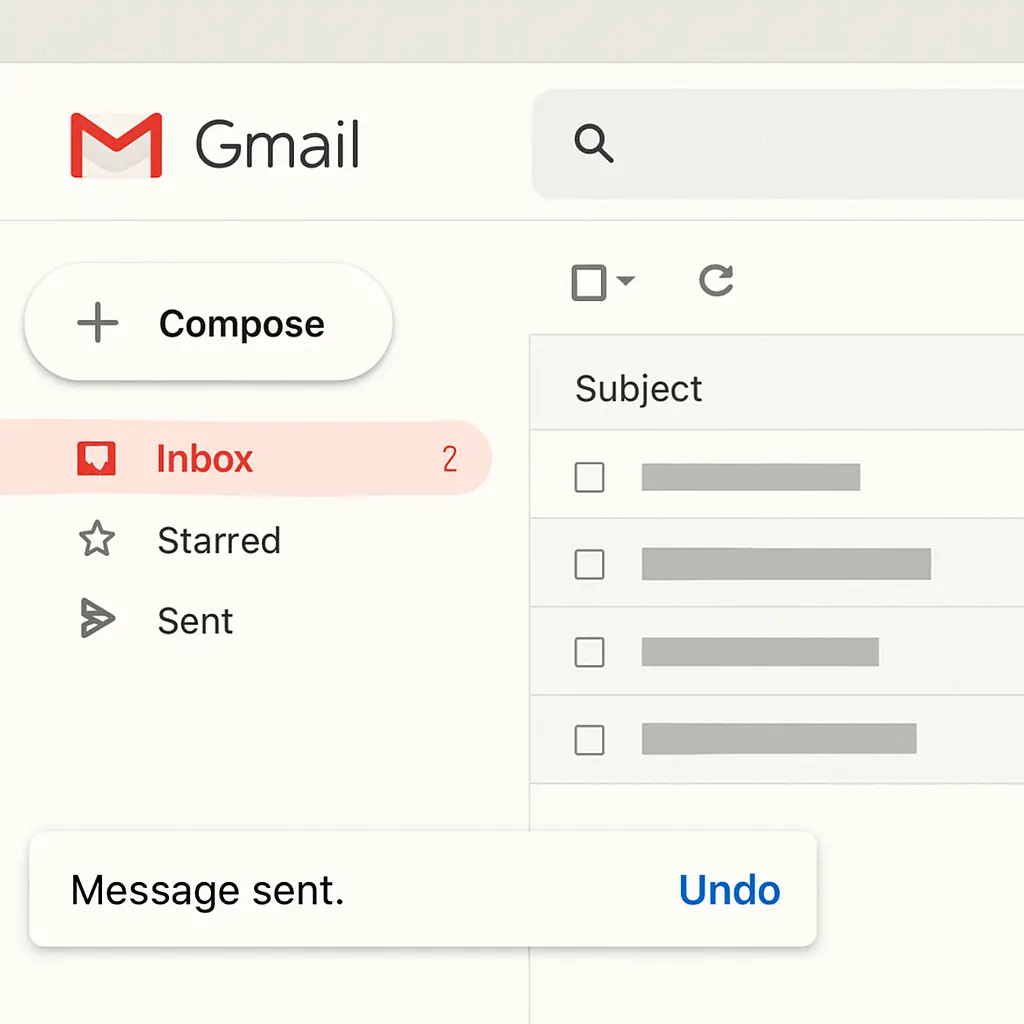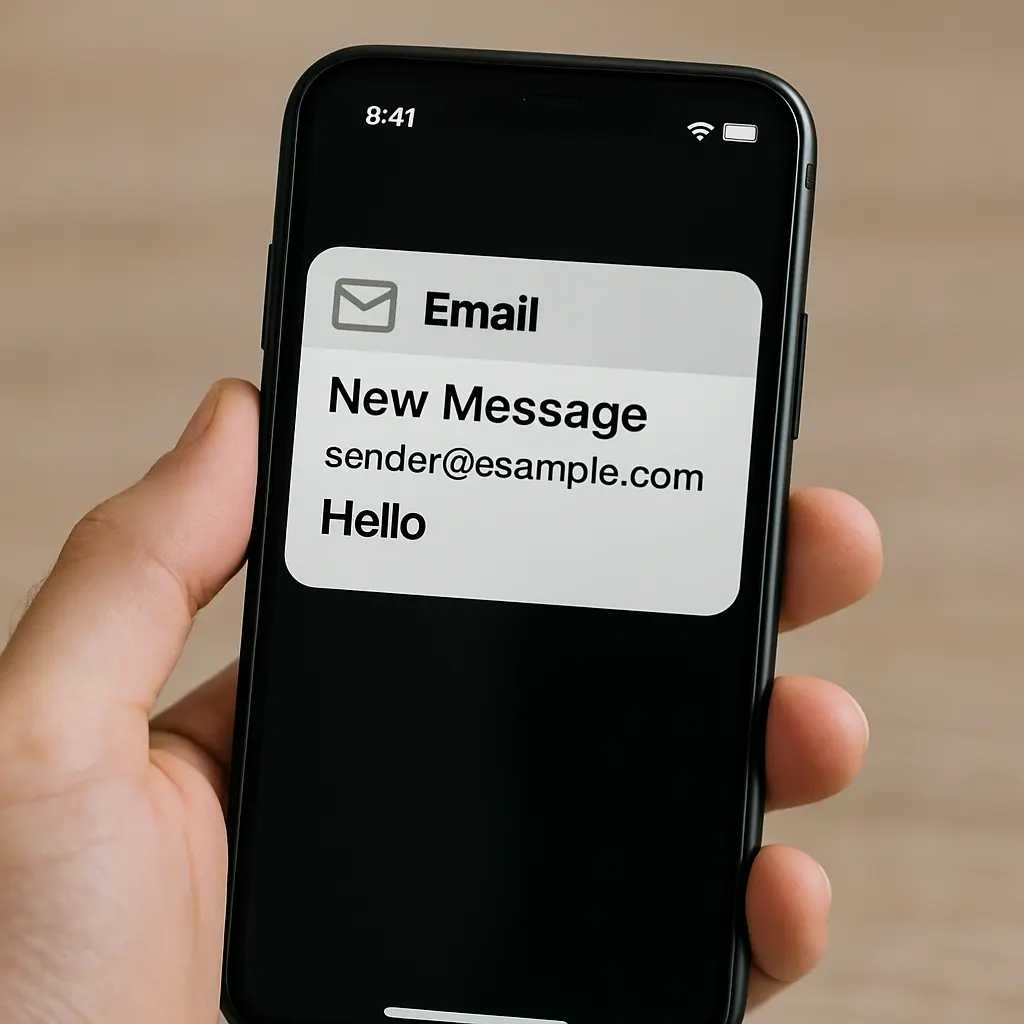
How to Respond to Job Rejection
How to Respond to Job Rejection
Receiving a job rejection can be disheartening, especially if you were truly excited about the opportunity. But how you respond to that rejection can say a lot about your professionalism and character. Crafting a thoughtful reply to a rejection email can keep the door open for future opportunities and help you grow as a professional.
In this article, we will guide you through the steps on how to respond to a job rejection email and turn a disappointing moment into a chance for future success.
Responding to a job rejection email might seem unnecessary, but it's an important step in maintaining professionalism and building your network. A polite reply can:
- Leave a positive impression on the hiring manager.
- Keep the lines of communication open for future opportunities.
- Provide you with valuable feedback for future applications.

When you receive a rejection email, it’s crucial to respond appropriately. Here’s a step-by-step guide to help you craft a professional reply:
Step 1: Acknowledge the Rejection
Begin your response by acknowledging the rejection. Thank the employer for the opportunity to interview and for their time. This shows that you respect their decision and appreciate the chance they gave you to discuss your qualifications.
Example:
Thank you for informing me about your decision. I appreciate the opportunity to interview for the [Job Title] position and enjoyed learning more about [Company Name].
Step 2: Express Gratitude
Expressing gratitude is essential. It leaves a positive impression and shows that you value the time and effort the company invested in your application.
Example:
I am grateful for the chance to meet with your team and discuss how I can contribute to your organization. It was a valuable experience for me.
Step 3: Request Feedback

Politely ask for feedback on your application or interview performance. Constructive criticism can help you improve for future opportunities. However, be sure to frame your request in a way that shows you are eager to learn and grow.
Example:
If possible, I would appreciate any feedback you could provide regarding my application or interview. I am always looking to improve and would value your insights.
Step 4: Keep the Door Open
Indicate your interest in future opportunities with the company. This can be a simple statement expressing your enthusiasm to stay in touch and be considered for any suitable roles in the future.
Example:
I remain very interested in [Company Name] and would love to be considered for future openings that align with my skills and experience.
Step 5: Close on a Positive Note
End your email on a positive note, reiterating your appreciation and expressing your hope to keep in touch. This leaves the door open for future communications.
Example:
Thank you once again for the opportunity. I hope we can stay in touch, and I wish [Company Name] continued success.
Sample Response Email
Putting it all together, your response email might look something like this:
Subject: Thank You for the Opportunity
Dear [Hiring Manager's Name],
Thank you for informing me about your decision regarding the [Job Title] position. I appreciate the opportunity to interview and enjoyed learning more about the innovative work at [Company Name].
I am grateful for the chance to meet with your team and discuss how I might contribute to your organization. If possible, I would appreciate any feedback you could provide regarding my application or interview. I am always looking to improve and would value your insights.
I remain very interested in [Company Name] and would love to be considered for future openings that align with my skills and experience.
Thank you once again for the opportunity. I hope we can stay in touch, and I wish [Company Name] continued success.
Best regards,
[Your Name]
Additional Tips for Responding to a Job Rejection

- Be Prompt: Try to respond within 24 to 48 hours of receiving the rejection email. This shows professionalism and respect for the employer’s time.
- Stay Positive: Keep your tone positive and professional. Avoid expressing frustration or disappointment.
- Be Concise: Keep your email brief and to the point. A long email can be overwhelming and dilute your main points.
- Proofread: Before sending your email, proofread it for any spelling or grammatical errors. A well-written email reflects your attention to detail.
Why Responding Matters
Responding to a job rejection might not change the outcome, but it can positively impact your career in the long run. By maintaining professionalism and expressing gratitude, you leave a lasting impression on potential employers. You never know when a new opportunity might arise, and being remembered as a gracious candidate can work in your favor.
In summary, while job rejections are a challenging part of the job search process, how you respond can make a significant difference. By following these steps and maintaining a positive attitude, you can turn a rejection into an opportunity for growth and future success.

